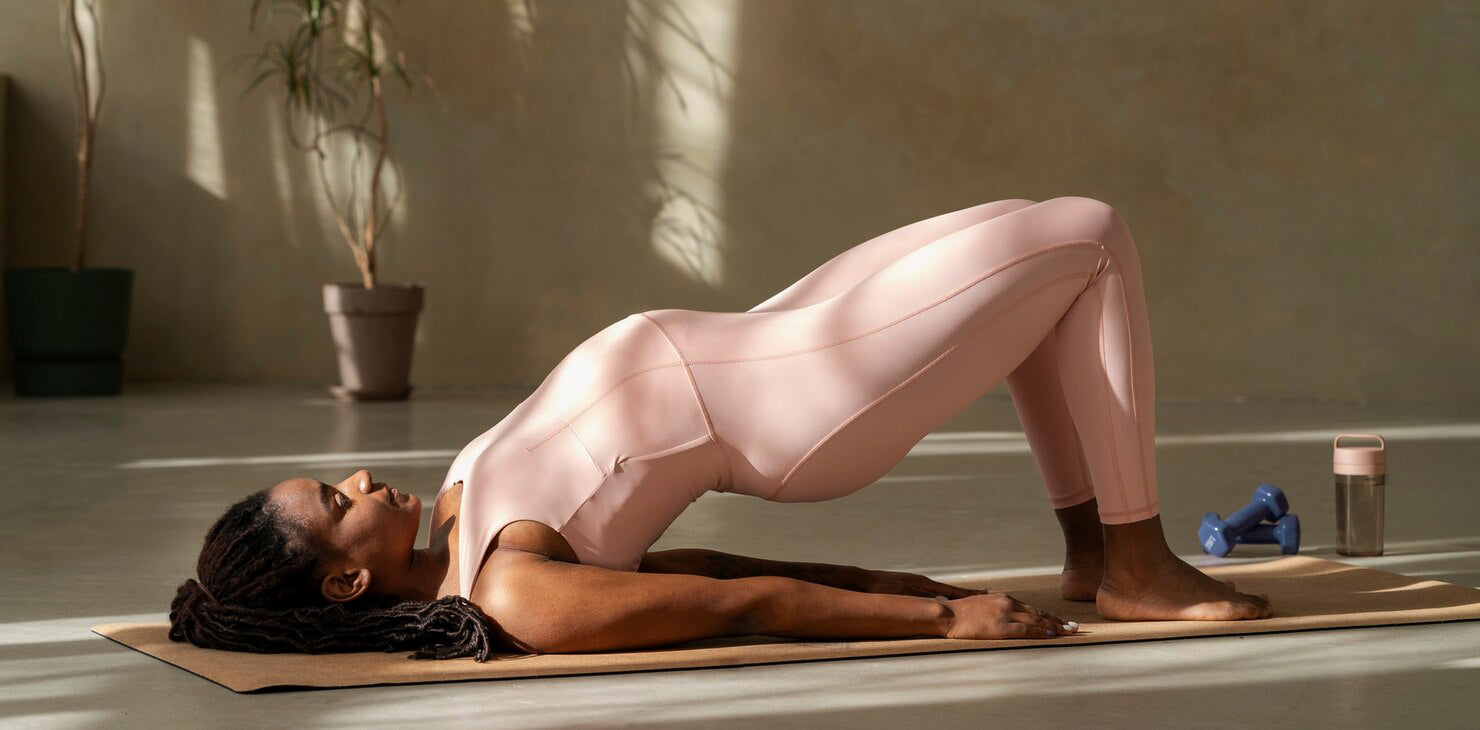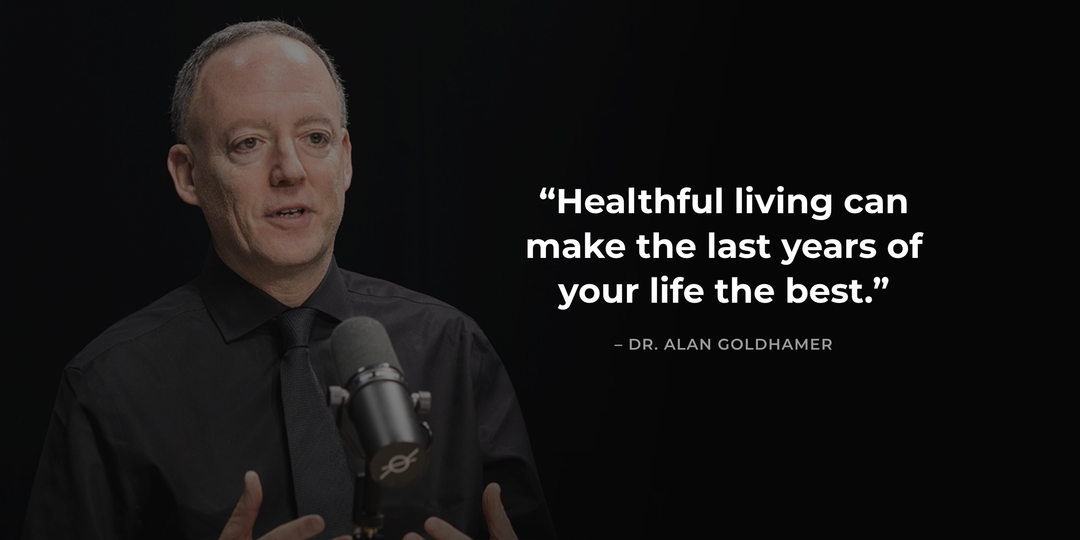Nutrition Intake During Pregnancy

When you're pregnant, you need more of certain nutrients — like protein, iron, folic acid, iodine, and choline. It's also important to get enough calcium, vitamin D, potassium, and fiber. Making smart food choices can help you have a healthy pregnancy and a healthy baby.
During pregnancy, the basic principles of healthy eating remain the same — get plenty of fruits, vegetables, whole grains, lean protein and healthy fats. However, a few nutrients in a pregnancy diet deserve special attention. Here's what tops the list.
Folate and folic acid — Prevent brain and spinal cord birth problems
Folate is a B vitamin that helps prevent serious problems with the developing brain and spinal cord (neural tube defects). The synthetic form of folate found in supplements and fortified foods is known as folic acid. Folic acid supplementation has been shown to decrease the risk of premature birth and having a low birth weight baby.
How much you need: 400 micrograms (mcg) a day of folate or folic acid before conception and 600 to 1,000 micrograms of folate or folic acid a day throughout pregnancy
Good sources: Fortified cereals are great sources of folic acid. Dark green, leafy vegetables, citrus fruits, and dried beans, peas and lentils are good sources of naturally occurring folate.
_______________________________________________________________________
Calcium — Strengthen bones
You and your baby need calcium for strong bones and teeth. Calcium also supports healthy functioning of the circulatory, muscular and nervous systems.
How much you need: 1,000 milligrams (mg) a day; pregnant teenagers need 1,300 milligrams a day
Good sources: Dairy products are the best absorbed sources of calcium. Nondairy sources include broccoli and kale. Many fruit juices and breakfast cereals are fortified with calcium, too.
_______________________________________________________________________
Vitamin D — Promote bone strength
Vitamin D works with calcium to help build your baby's bones and teeth.
How much you need: 600 international units (IU) a day
Good sources: Fatty fish, such as salmon, is a great source of vitamin D. Other options include fortified milk and orange juice.
_______________________________________________________________________
Protein — Promote growth
Protein is crucial for your baby's growth throughout pregnancy.
How much you need: 71 grams (g) a day
Good sources: Beans and peas, nuts, seeds, and soy products are great sources of protein. Other options include Lean meat, poultry, seafood and eggs.
_______________________________________________________________________
Iron — Prevent iron deficiency anemia
The body uses iron to make hemoglobin. Hemoglobin is a protein in the red blood cells that carries oxygen to the body's tissues. During pregnancy, you need double the amount of iron that nonpregnant women need. Your body needs this iron to make more blood to supply oxygen to your baby.
If you don't have enough iron stores or get enough iron during pregnancy, you could develop iron deficiency anemia. You might develop headaches or become fatigued. Severe iron deficiency anemia during pregnancy also increases the risk of premature birth, having a low birth weight baby and postpartum depression.
How much you need: 27 milligrams a day
Good sources: Lean red meat, poultry and fish are good sources of iron. Other options include iron-fortified breakfast cereals, beans and vegetables.
In addition to making healthy food choices, taking a daily prenatal vitamin — ideally starting at least three months before conception — can help ensure you're getting enough of this essential nutrient. Anyone who might become pregnant should take a daily vitamin supplement containing folic acid. Your health care provider might recommend special supplements if you follow a strict vegetarian diet or have a chronic health condition.






